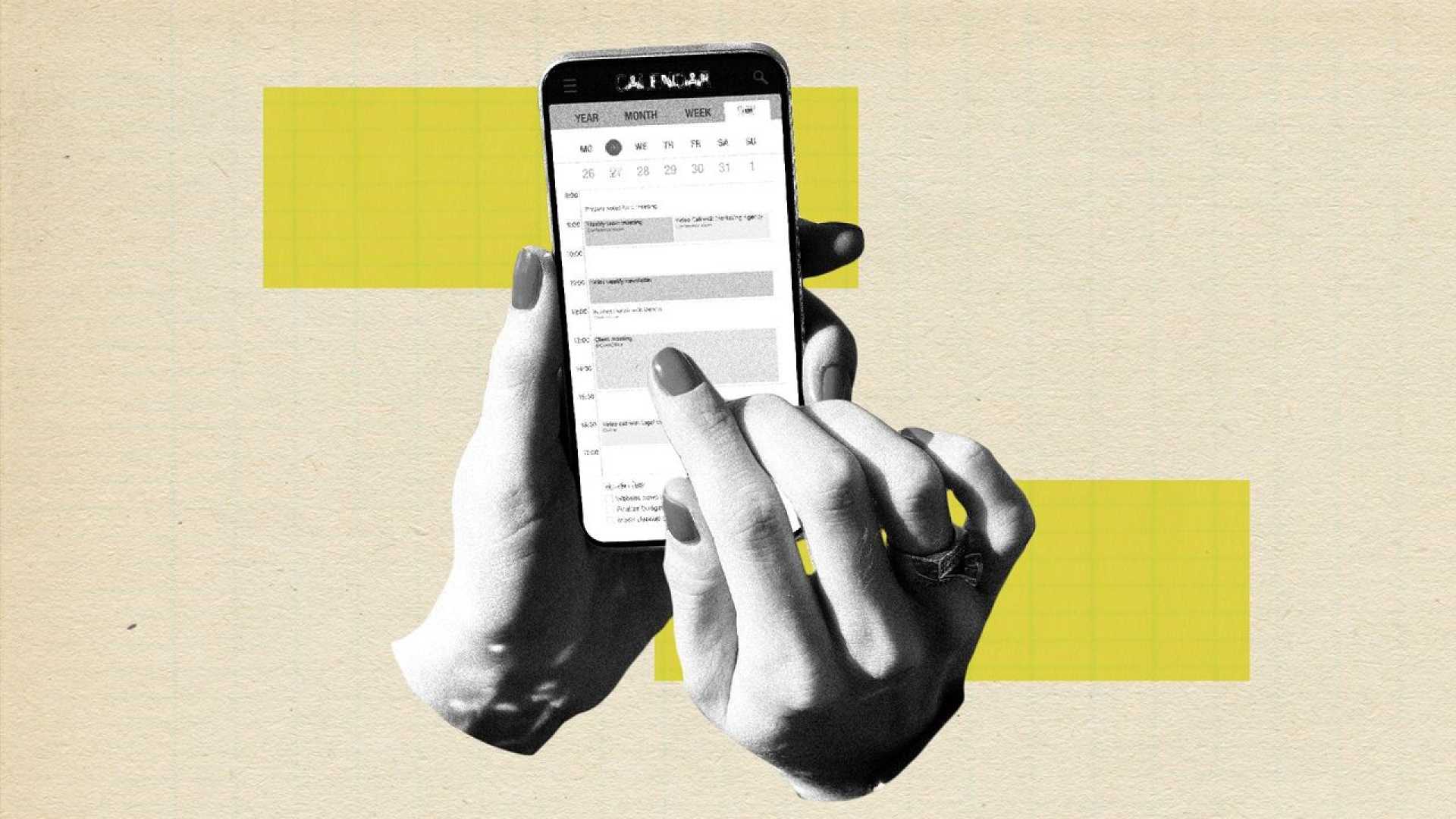News
The Digital Divide: Women’s Unequal Burden at Home and Work

In many households today, women are finding themselves burdened with an increasing digital workload, both at work and at home. Despite changes in traditional gender roles, women often shoulder the responsibility of managing family life through technology, according to recent findings.
A study conducted by Yang Hu from Lancaster University in the UK and Yue Qian from the University of British Columbia in Canada, analyzed data from the European Social Survey. This involved more than 6,600 parents across 29 countries, focusing on technology use and its impact on family dynamics. The survey highlighted that while men predominantly use technology for work, women engaged with it extensively both at work and in managing household tasks.
“We find that women are more likely to be exposed to the double burden of digital communication in both work and family life,” said Hu. The study emphasizes how this dual engagement is particularly pronounced for mothers, adding to their mental workload. The “mental load” encompasses anticipating, planning, and organizing tasks essential for family life, activities which often go unrecognized.
Heejung Chung, a sociologist at King's College London, notes that flexible working arrangements, often viewed as beneficial, tend to heighten women’s workload. Chung explains, “Women who work flexibly or from home are more prone to increased housework and childcare responsibilities, compared to those who don’t.” This has been exacerbated by norms established over time, whereby men’s work spaces have traditionally been more protected, despite shifts towards equality.
The Covid-19 pandemic intensified the use of technology for daily activities, placing additional demands on women, as many take on organizational roles for family logistics, often through digital means. For instance, women are generally more active in organizing children’s social and extracurricular activities, a trend observed in local parenting groups.
This imbalance is further complicated by societal expectations and the “flexibility paradox,” which suggests that flexible working conditions disproportionately exploit women by reinforcing their roles as primary caregivers. Discussions around digital labor highlight the need for more visible sharing of responsibilities among partners.
Chung and other experts advocate for strategies such as equitable division of digital communication related to family matters and shared parental leave policies. Acknowledging the “hidden load” of digital work is seen as a crucial step towards addressing the gender disparities deeply embedded in domestic life. In countries like Sweden, policies supporting shared parental leave have brought about noticeable changes in familial roles.
To alleviate this digital burden, experts suggest practical measures including the use of shared digital calendars, encouraging fathers to participate more actively in organizing and managing family duties, and ensuring that technological responsibilities are evenly distributed.












